
Recommendation
Is it possible to improve the accuracy of collective knowledge? In this article, science journalist George Musser explains how assessing “metaknowledge” can help determine the accuracy of an individual’s knowledge, and thus, his or her value within the “hive mind.” Through practical examples and study results, Musser persuasively outlines why metaknowledge matters and explores how researchers can use metaknowledge to improve the value of survey data. getAbstract recommends this article to social scientists and anyone interested in the “wisdom of crowds.”
Summary
About the Author
George Musser is a contributing editor for Scientific American, where he focuses on fundamental physics and space science. He is author of the book Spooky Action at a Distance.
By the same author
Article
Learners who read this summary also read
Book
Article
Article
Book
Book








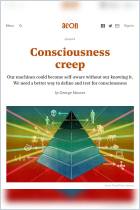
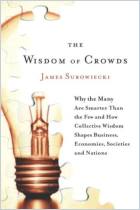

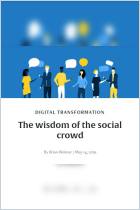
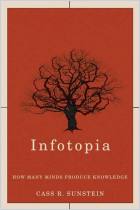
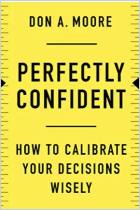
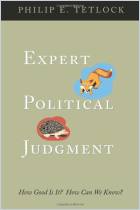



Comment on this summary or Comenzar discusión